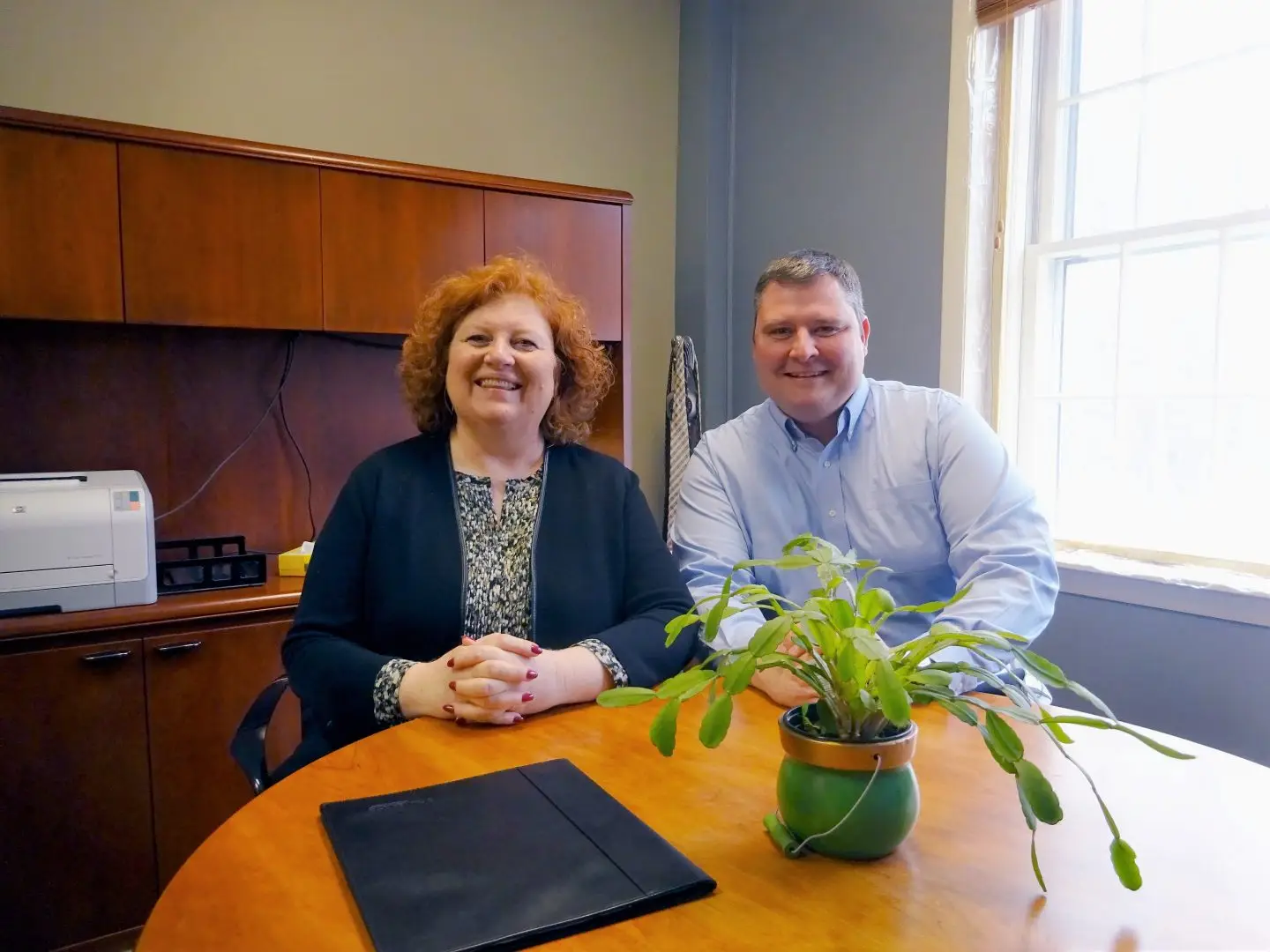The fall online semester is in full swing, and with it comes some changes to the usual SNHU academic calendar. Naturally, there has been some confusion regarding these changes, specifically about what SNHU is calling “Blackout Weeks,” which are the weeks of October 12th and November 23rd. The confusion begins with inconsistencies between classes. Some professors have those weeks “Blacked Out,” meaning there will be no scheduled classes during those times. Others still have classes planned and have no mention of the breaks in the usual course load. Students and professors alike are confused as to what the situation with these blackouts is, and how it will affect them.
“We know that this is a challenging time for many of our students as they adjust to the remote learning environment, not to mention the stressors of the pandemic,” says Wil Zemp, the Interim Campus President at the time. “As part of the University’s commitment to supporting students during remote learning, the Office of Academic Affairs has encouraged faculty to consider two optional ‘blackout periods’… to cancel class meetings and assignments. This is not a campus-wide mandate; each instructor has the flexibility to build these blackout weeks into their syllabi according to the needs of their particular courses.”
While some may have a week off, students need to be aware that both blackout periods are not vacations, but rather should be treated as a time to catch up on work, as well as a chance to step away from the computer. Given the current global conditions, students are now juggling school, work, and personal lives while restricted at home. With the blackout weeks being presented as an option, it will allow some breathing room between synchronized classes for many students and staff.
“The honest truth to what I hope to benefit from these weeks is time to make sure I have done everything I can do… as I work 35-hour work weeks on top of five online classes…” says Kayleigh Maier, ‘23.
Throughout remote learning, both staff and students need to remember to not spread themselves too thin and to take a break once in a while.
“We appreciate how hard students are working during this remote semester, and we hope that any canceled classes will give everyone a chance to rest, take good care of themselves, and get caught up on their work,” says Zemp.




